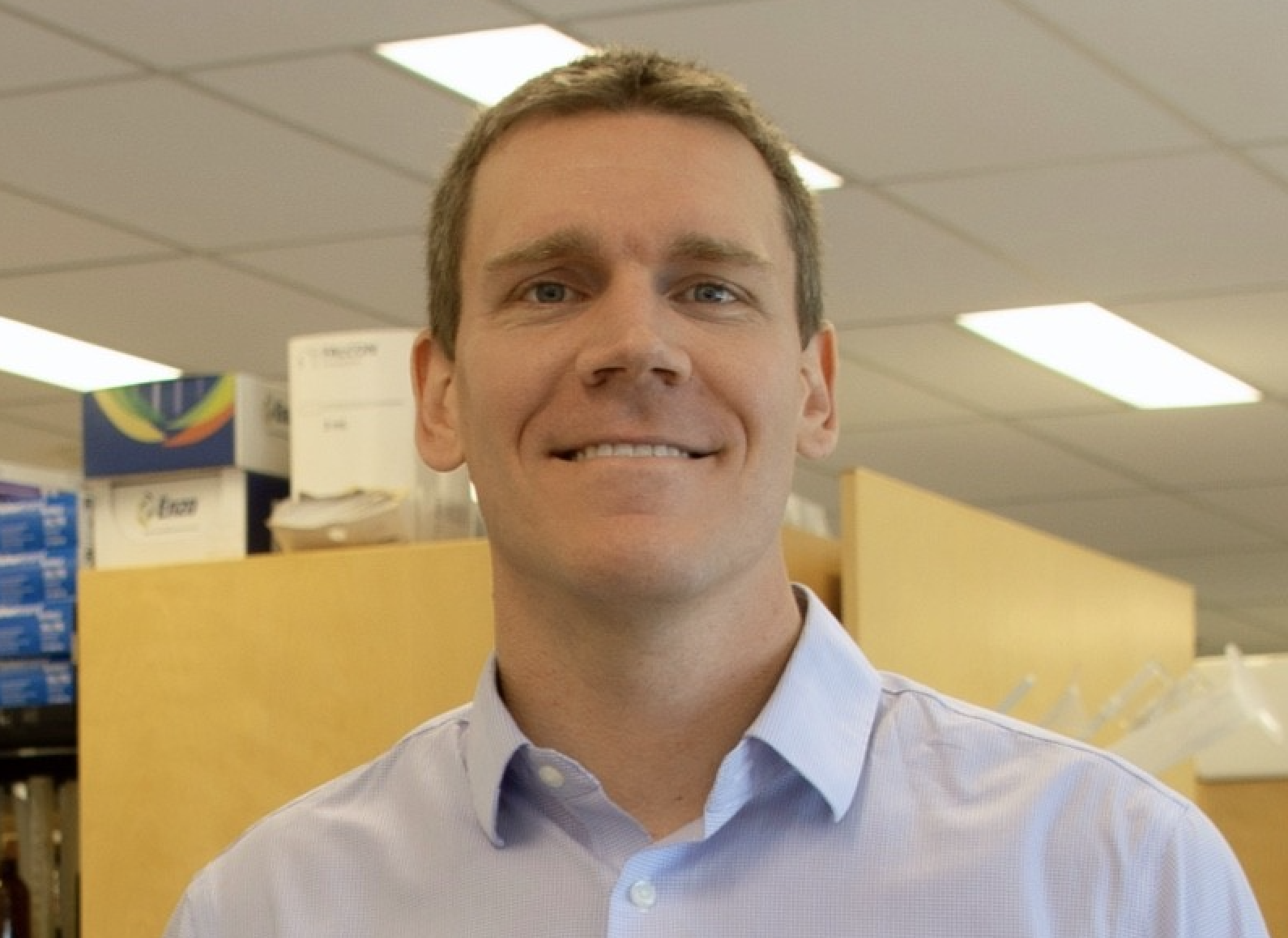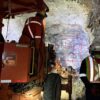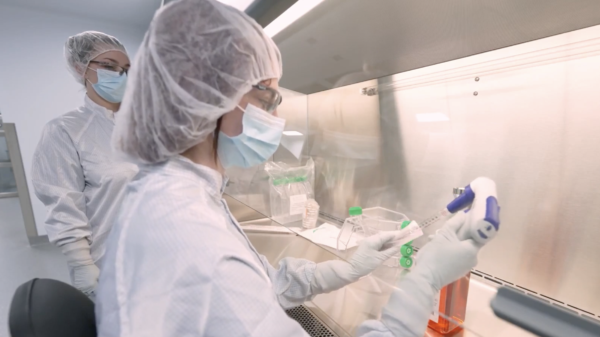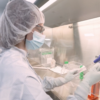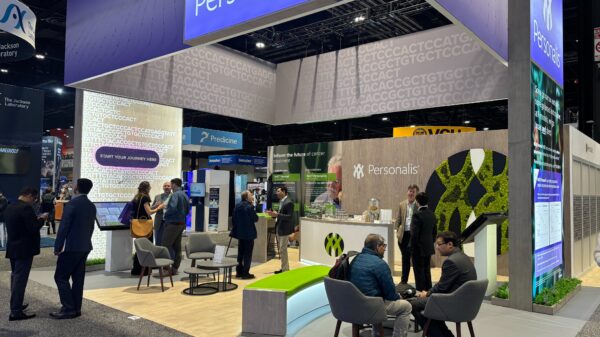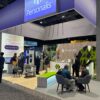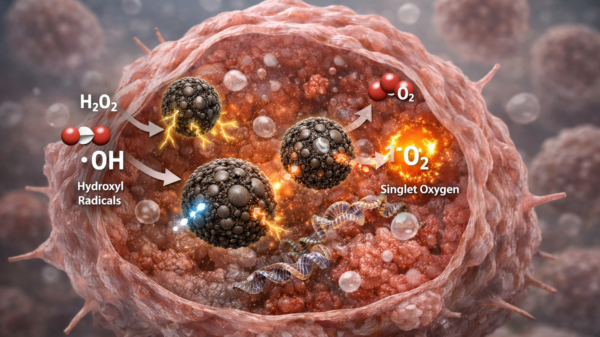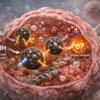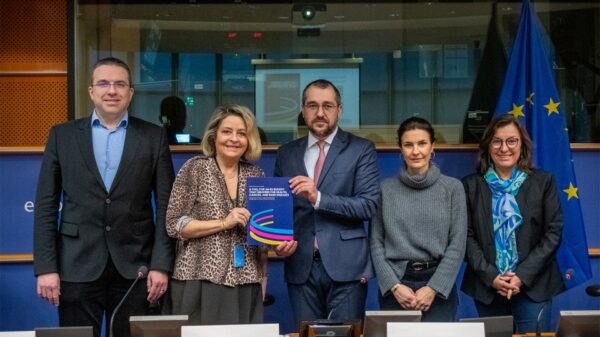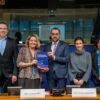Researchers from the Northern Ontario School of Medicine University are currently assessing whether an antioxidant supplement can help prevent radon-induced lung cancer. They are examining how mice respond to the remedy after being exposed to the gas.
As radon is the second-leading cause of lung cancer in Canadians, the early-stage investigation could eventually provide valuable data and an efficacious preventative tool. About 16 per cent of lung cancer deaths in the country are attributed to the naturally-occurring radioactive gas.
Research lead Christopher Thome and his team have received a C$200,000-dollar grant from the Canadian Cancer Society for their work.
Additionally, the Natural Sciences and Engineering Research Council of Canada committed C$1.5 million over a five-year period in 2023 to help propel their studies.
“Our hypothesis is that by taking this antioxidant dietary supplement at the same time that you’re being exposed to these high levels of radon gas, that we should see a reduction in some of the damage that’s done to the lung tissue,” Thome told the CBC this week.
Read more: Breath Diagnostics now offering a compelling investment opportunity
They are using a ‘first of its kind in Canada’ chamber
The research team’s aim is to make the supplement widely available to protect Canadians, but Thome says they still need to collect more data on the supplement’s impact before that will be possible.
Australian research partners have taught them how to build a special chamber to safely gas the rodents while avoiding any contamination in the lab.
“Our research project could unveil a low-cost, safe and potentially lifesaving mitigation strategy for radon-induced lung cancer,” Thome said last summer.
The Nuclear Innovation Institute in Port Elgin, Cameco Corp (TSE: CCO) (NYSE: CCJ) (FRA: CJ6) and Bruce Power have also contributed undisclosed sums for the studies.
A study led by the University of Calgary last year found that an alarming 18 per cent of Canadian homes had unsafe levels of radon. The gas, produced by uranium decay underground, tends to reside in the basement level of houses.
High levels of Radon gas is something that affects nearly 10,000,000 Canadians now. With the folks in Calgary being at highest risk. There are solutions to it and kits available as well if you wanted to check the levels at your house. If you’re building a new home, MAKE SURE YOU… pic.twitter.com/AOzuDBdFWP
— Mario Zelaya (@mario4thenorth) March 26, 2025
Read more: Breath Diagnostics gives the public the chance to join the fight against cancer
Follow Rowan Dunne on LinkedIn
rowan@mugglehead.com

